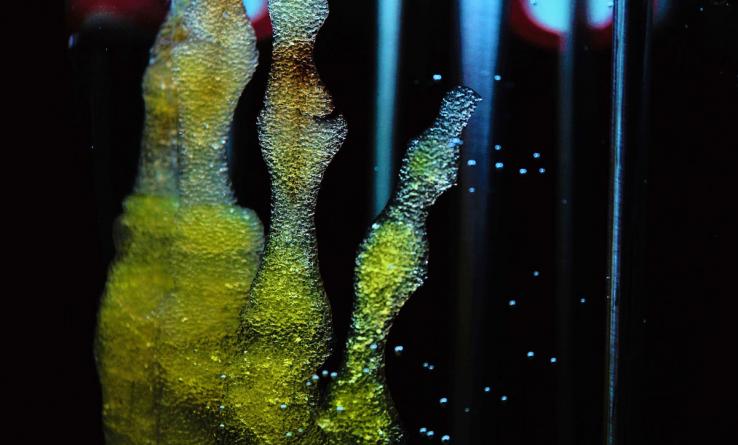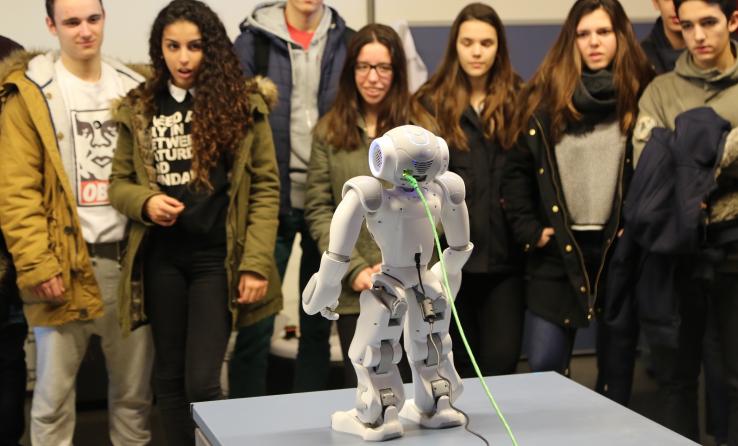Cookies are important to you: they influence your browsing experience, help us protect your privacy, and allow us to process the requests you make through the website. We use our own and third-party cookies to analyze our services and show you advertising related to your preferences, based on a profile created from your browsing habits. You can “Accept” or “Reject” non-essential cookies, as well as configure your preferences by clicking “Configure Cookies.” For more information, please consult our Cookie Policy.
The technical storage or access is strictly necessary for the legitimate purpose of enabling the use of a specific service explicitly requested by the subscriber or user, or for the sole purpose of carrying out the transmission of a communication over an electronic communications network.
The technical storage or access is necessary for the legitimate purpose of storing preferences that are not requested by the subscriber or user.
The technical storage or access that is used exclusively for statistical purposes.
The technical storage or access that is used exclusively for anonymous statistical purposes. Without a subpoena, voluntary compliance on the part of your Internet Service Provider, or additional records from a third party, information stored or retrieved for this purpose alone cannot usually be used to identify you.
The technical storage or access is required to create user profiles to send advertising, or to track the user on a website or across several websites for similar marketing purposes.


